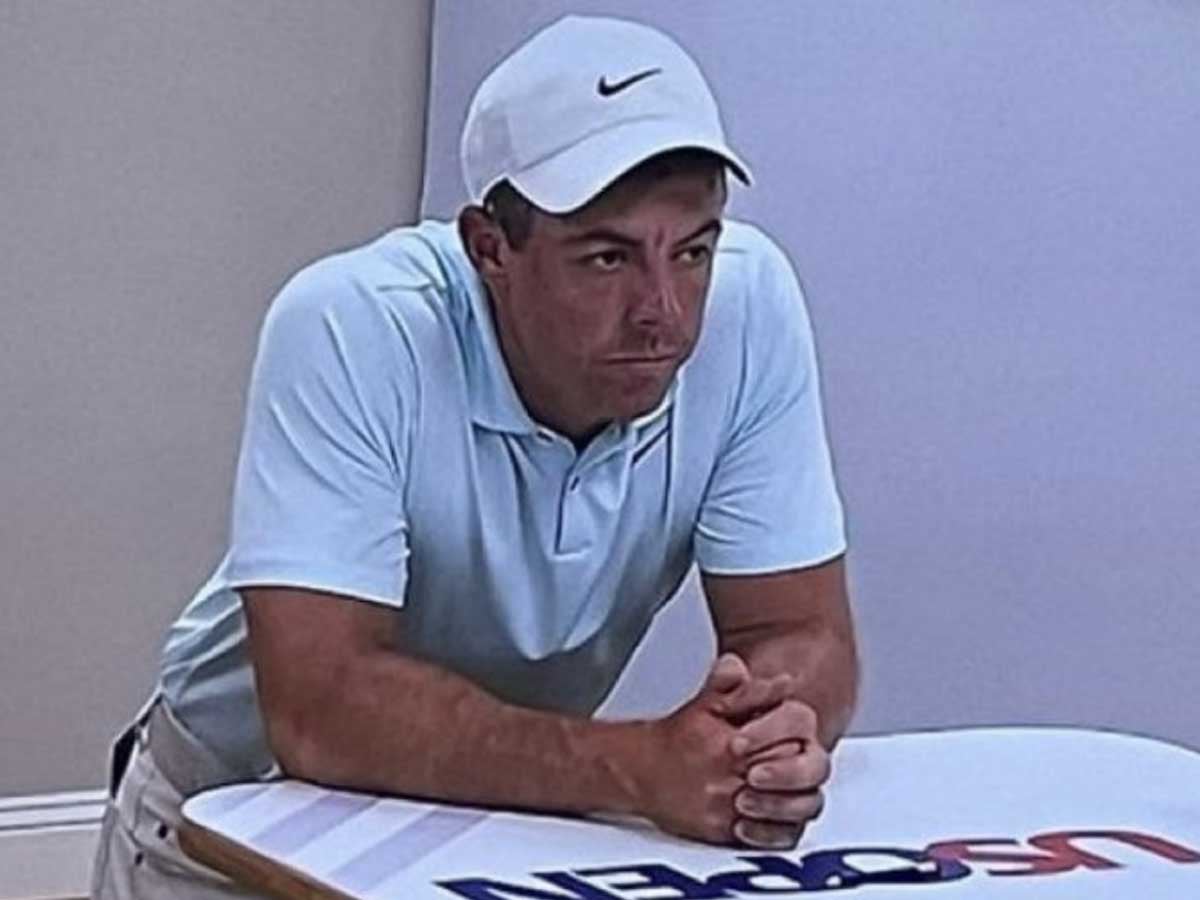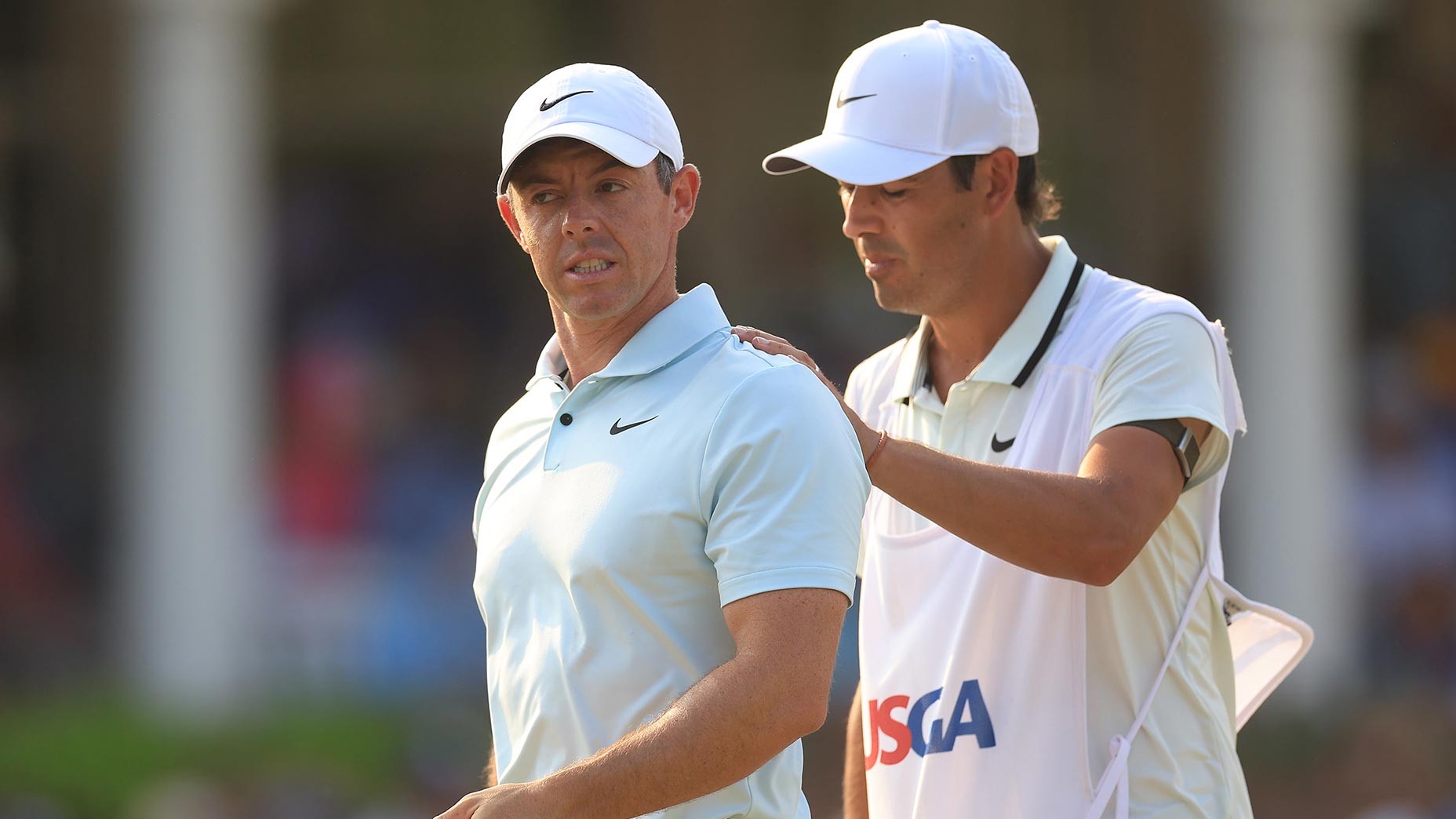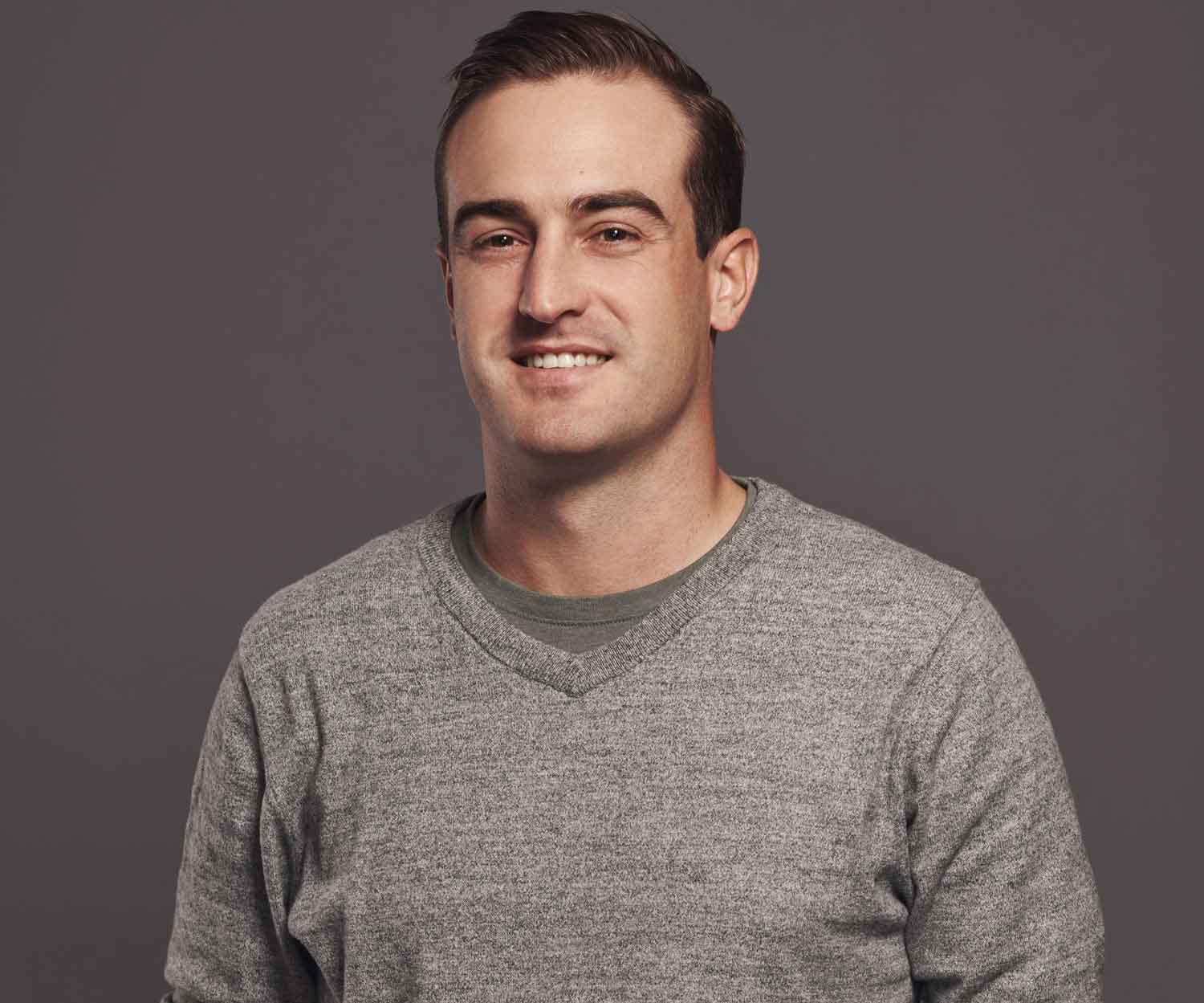Golf
Rory McIlroy had a lot to say about his Pinehurst collapse

Rory McIlroy is back on the PGA Tour this week, and he finally shared his thoughts about losing the U.S. Open at Pinehurst.
Getty Images
NORTH BERWICK, Scotland — Everything was different last time we saw Rory McIlroy. It was just three weeks ago, but it was hot then, in the parking lot at Pinehurst. The American summer had everyone sweating, but the four-hole debacle had us all shook, too. McIlroy dropped from two shots up to one shot down at the U.S. Open. He had zero interest in talking about it.
When McIlroy pulled in to the lot at Renaissance Club Tuesday afternoon, it was 54 degrees and raining sideways. When the Scottish locals complain about the weather, that’s when you know it’s bad. McIlroy was all smiles, though. Happy to see his Tour pals again. Dishing out hugs to his DP World Tour colleagues. Practicing putting in his rain gear. It’s amazing what a few weeks away can do for your mind.
Instead of getting all of McIlroy’s thoughts in the immediate aftermath of another major gone by — something he was swiftly criticized for — we got them all Wednesday morning at the Genesis Scottish Open. And there were a lot of them. McIlroy took the first question on the topic and rambled for 2 minutes, 28 seconds, one thought flowing into the next, a reminder that this defeat had layers.
“I think the way I’ve described Pinehurst on Sunday was like it was a great day until it wasn’t,” he began. “I did things on that Sunday that I haven’t been able to do in the last couple years. Took control of the golf tournament. Holed putts when I needed to. Well, mostly when I needed to. Made birdies. You know, really got myself in there. And then, look, obviously unfortunate to miss those last two putts, or the putt on 16 and obviously the putt on 18.
“Yeah, it was a tough day. It was a tough few days after that, obviously. But I think as you get further away from it happening, you start to see the positives and you start to see all the good things that you did throughout the week.
“Yeah, there’s learnings in there, too, right. I can vividly remember starting to feel a little uncomfortable waiting for my second putt on 16, and you know, the putt on the last, it was a really tricky putt. And I was very aware of where Bryson was off the tee. I knew I had to hit it really soft. If the one back didn’t matter, I would have hit it firmer.
“But because I was sort of in two minds, I didn’t know whether Bryson [Dechambeau] was going to make a par or not, it was one of those ones where I had to make sure that if the putt didn’t go in, that it wasn’t going 10 feet by, which it very easily could have.
“Thinking back, yeah, maybe I was a little too aware of where Bryson was and what he was doing but it was the nature of the golf course and how the golf course flowed. After the 14th tee, you’re sort of looking at 13 green, and then I had to wait on my tee shot on 15 before he hit, or you know, to let him hit his second shot into 14. Just the way the course flowed, it just made me very aware of what he was doing at the same time. So it sort of got me out of my own little world a little bit.
“But no, I mean, when I look back on that day, just like I look back on some of my toughest moments in my career, I’ll learn a lot from it and I’ll hopefully put that to good use. It’s something that’s been a bit of a theme throughout my career. I’ve been able to take those tough moments and turn them into great things not very long after that.”
One answer, 436 words, all kinds of context. The exact location where he started to feel uncomfortable? That’s gold. That bit about being too aware of DeChambeau’s position? We may not have heard that if McIlroy was forced to explain everything at Pinehurst.
Instead, McIlroy ripped home that Sunday night on his own private jet. The pace at which he was airborn broke our brains. He withdrew from the Travelers Championship but took a planned trip to New York City for a few days. He walked the High Line, Manhattan’s famous west-side, elevated walkway, which is often littered with tourists. Only a few people recognized him. He made a few phone calls. He liked it.
Meanwhile, the dogs were out in the criticism world. People online and in the press room were annoyed McIlroy didn’t answer questions that night. They were annoyed he didn’t stay to congratulate DeChambeau. They made a big deal of McIlroy’s courtesy vehicle kicking up a couple stones as he departed. They called for him to dump his caddie and were disappointed he pulled out of an event he would have played had he finished, say, T8. His sharpest detractors pointed out that the champ in Pinehurst, Bryson DeChambeau, dealt with the frustrations of a solo second-place finish at Valhalla’s PGA Championship in May, and he handled it with charm. He met Xander Schauffele with a congratulatory handshake and then answered 13 different questions about it, all confident and beaming.
But these two men and those two situations are so different they barely merit comparison. DeChambeau finished second after a raucous 64. McIlroy finished second by missing the putts that all winners make. DeChambeau won a major four years ago. McIlroy’s last came 10 years ago. DeChambeau made off with a reported $125 million contract from LIV Golf, but largely disappeared from the public golf conscience — sitting in front of the press has been a treat for him this year. McIlroy never entertained the heaps of money that severed the professional game and instead has always been sitting in front of the press, for the good times and bad.
He sat for a press conference the day after the PGA Tour made him to be a “sacrificial lamb.” He sat for questions at Los Angeles Country Club, after finishing second at the ’23 U.S. Open, promising he “would go through 100 Sundays like this to get my hands on another major championship.” He stood stoic for 13 questions after a gut-wrenching loss at St. Andrews in 2022, only to slink off teary-eyed into the arms of his wife. He did an on-course interview after a crumbling Sunday 80 at the Masters in 2011. It turns out, McIlroy has spoken a helluva lot more than most other tour pros — nearly 50 times in official press scrums this season alone — so in one of the toughest moments of his golfing career, he wanted to get away.
He doesn’t regret it.
“No offense, you guys were the least of my worries at that point,” McIlroy said Wednesday. He chuckled because it was true. Incidentally, McIlroy’s sunken face while watching DeChambeau finish, from within the scoring room at Pinehurst, is an image that says it all anyway.

NBC
If he finds himself in a similar position next week, across the country at The Open Championship at Troon, McIlroy said his approach won’t be too different. His pre-shot routine got a bit long in North Carolina — he’d like to keep that more consistent. He’d like to stay in his “own little world” a bit better down the stretch, not letting the stakes consume his mind. He thinks he got a bit impatient on the 16th hole, and will rue the shortie he missed there much more than the one on 18. The latter was trickier, a fact numerous pros have confirmed in the days and weeks since. He’ll remember the visual, standing on the 18th green, seeing DeChambeau yank his drive left, when for just a second he thought his competition might make bogey.
What does that tell us? That McIlroy’s mind was all over the place. And that it wasn’t getting settled quickly. An uncomfortable truth for unsatisfied fans and media members about these bits of hindsight is they don’t arrive immediately. They take time.












